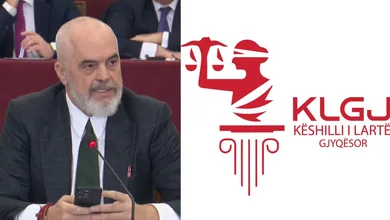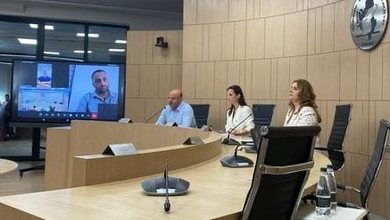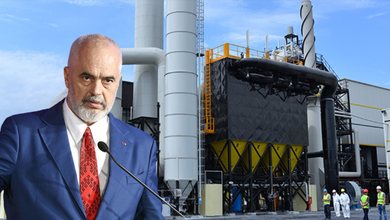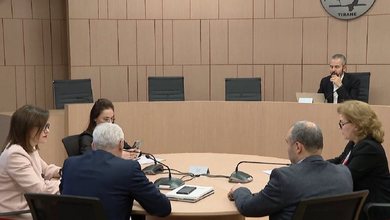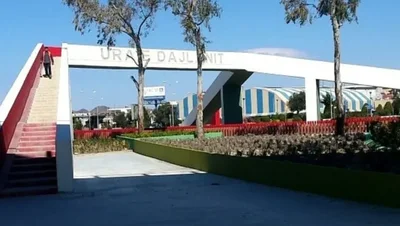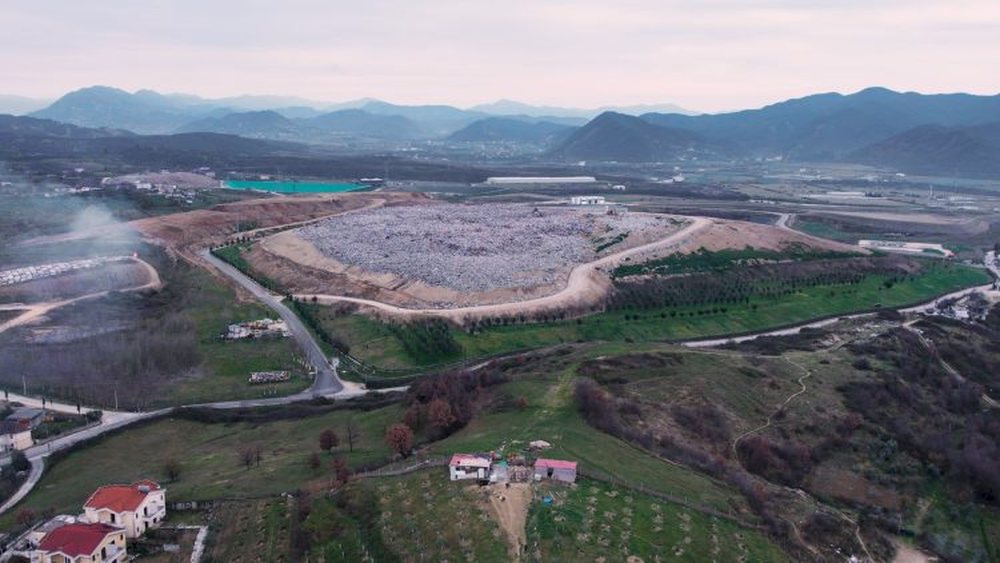
The reform presented on Thursday by Prime Minister Edi Rama and Environment Minister Mirela Kumbaro was criticized on Friday by the Institute for Albanian Municipalities (IBSH), a non-governmental organization that monitors local government.
The Institute for Municipalities expresses concern that, despite the poor waste management situation, the government's project constitutes a step backwards, centralizing power and excluding municipalities from the process.
"The proposal to transfer waste management to a national operator, reducing municipalities to mere 'clients', constitutes a step backwards for decentralization and the principle of subsidiarity," the organization said in a statement.
According to the IBSH, waste management is a basic service closely linked to the daily lives of citizens and cannot be separated from the responsibility of local government.
The institute emphasizes that “the problem is not solved by centralization, but by strengthening the capacities of municipalities, sustainable financing, public-private partnerships and inter-municipal cooperation,” adding that “only in this way can a sustainable system be built, where citizens have a voice and local government bears real responsibility for services.”
In its public statement, the Institute describes the government's project, which 'strips' municipalities of waste management, as a "step back towards decentralization."
"The solution is not centralization, but strengthening local capacities and accountability close to the citizen," suggests this institute, assessing that reforms that bring us closer to EU standards in this area are necessary, but should not undermine the reform of local government decentralization.
During the presentation of the new reform, Minister Mirela Kumbaro said that two new laws would enable the establishment of the National Waste Treatment Operator, a public company that will manage waste at the national level, the increase in punitive measures against polluters, and the obligation of manufacturing and importing companies to track their waste until it is recycled.
The government's change of course from incineration to recycling comes after the Rama government and local authorities spent over 100 million euros on the construction and operation of three incinerators - a project that turned into a massive corruption affair with serious criminal and environmental consequences in the country. /BIRN/


